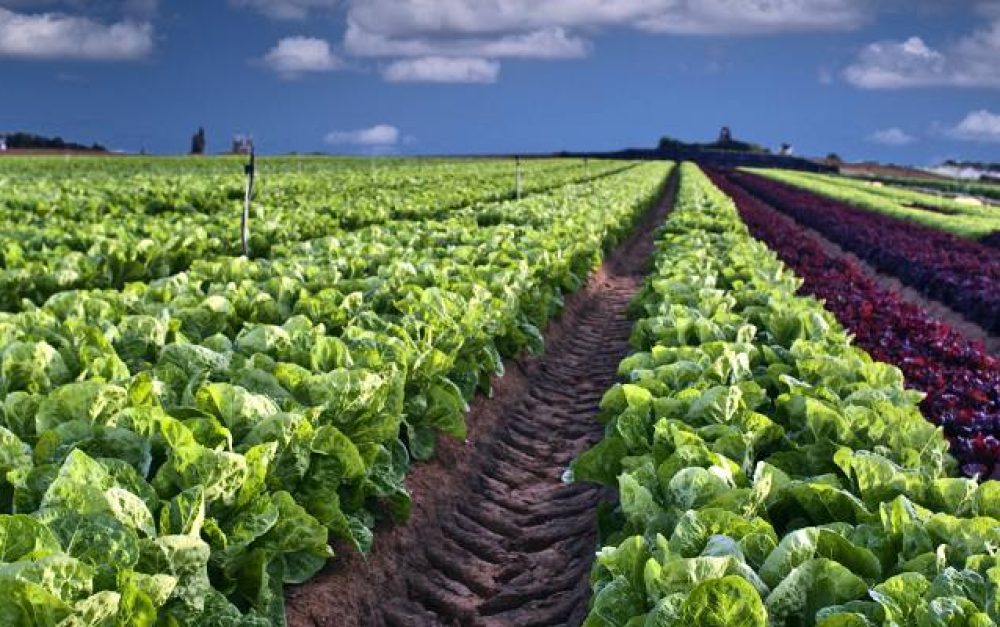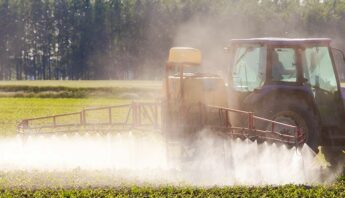While federal food and farming policy — and particularly the Farm Bill process — can seem complex and far-removed, these laws and rules impact our daily lives in ways large and small. From food access and nutrition programs, to crop insurance and agricultural research, the Farm Bill determines much about the food we eat, how its grown and the impact of agriculture on rural workers and communities.
PAN’s platform is informed by our ongoing work with partners across the country who are calling for federal food and farm policy that works for farmers, workers and communities — including National Family Farm Coalition, National Sustainable Agriculture Coalition, Native Farm Bill Coalition, Rural Coalition and HEAL Food Alliance.
PAN strives for farmworker justice, healthy farm communities and fair farm economies — locally, nationally and internationally. We advocate for policies that will create a food system that works for all.
Worker Justice & Healthy Communities
- Protection for workers and families from pesticide exposure: Pesticides touch every aspect of our lives, from residues on or in our food to increased incidence of chronic disease to biodiversity loss. Children and farmworkers are especially at risk. We support policies that protect families and workers from exposure to pesticides, and support the use of crop and pest management practices that do not rely on the use of hazardous pesticides.
- Just immigration laws: We believe the United States should take responsibility for foreign policies that displace people from land and livelihood, and allow right of entry into the U.S. for those economically displaced. The U.S. should eliminate exploitative guest worker programs and provide a pathway to citizenship to all who want it.
- Living wages in the food system and beyond: We advocate for living wage policies so that all workers and all people have access to an adequate supply of healthy food. Until poverty is eliminated, we will continue to strongly support food assistance programs including the Supplemental Nutrition Assistance Program (SNAP).
Fair Farm Economies
- Income opportunity and fairness for small and mid-sized family farms: We support supply management including parity pricing, grain reserves, secure contracts and fair market access for livestock and other agricultural products.
- Conservation of agricultural land: In partnership with land trusts, states and tribal entities, we support ensuring that protected farmland will remain affordable and viable for future generations, especially for Indigenous people and people of color.
- Reversal of agricultural industry consolidation: We advocate for the implementation and enforcement of measures that protect farmers’ access to diverse markets, seeds and other farm inputs. We also support access for all to healthy, nutritious and affordable food.
A Food System for the Future
- Agroecology: We advocate for programs that support agroecological practices that build healthy soils and diversified cropping systems, sustain robust and resilient communities, and protect vital natural resources. We also advocate for policies that support the political, social and cultural conditions necessary to establish and maintain these systems.
- Ending dependence on fossil fuels: We support programs that reduce the need for inputs of petroleum-derived pesticides, fertilizers and fuel. We support on-farm renewable energy production reliant on no or minimal synthetic inputs.
- Support for beginning and socially disadvantaged farmers: We advocate for policies that support the next generation of farmers, ranchers and workers while breaking down barriers to entry, especially for people of color & Indigenous people. We especially focus on policies designed to right historical and ongoing discrimination against individuals or groups based on their race, ethnicity or socioeconomic class.







